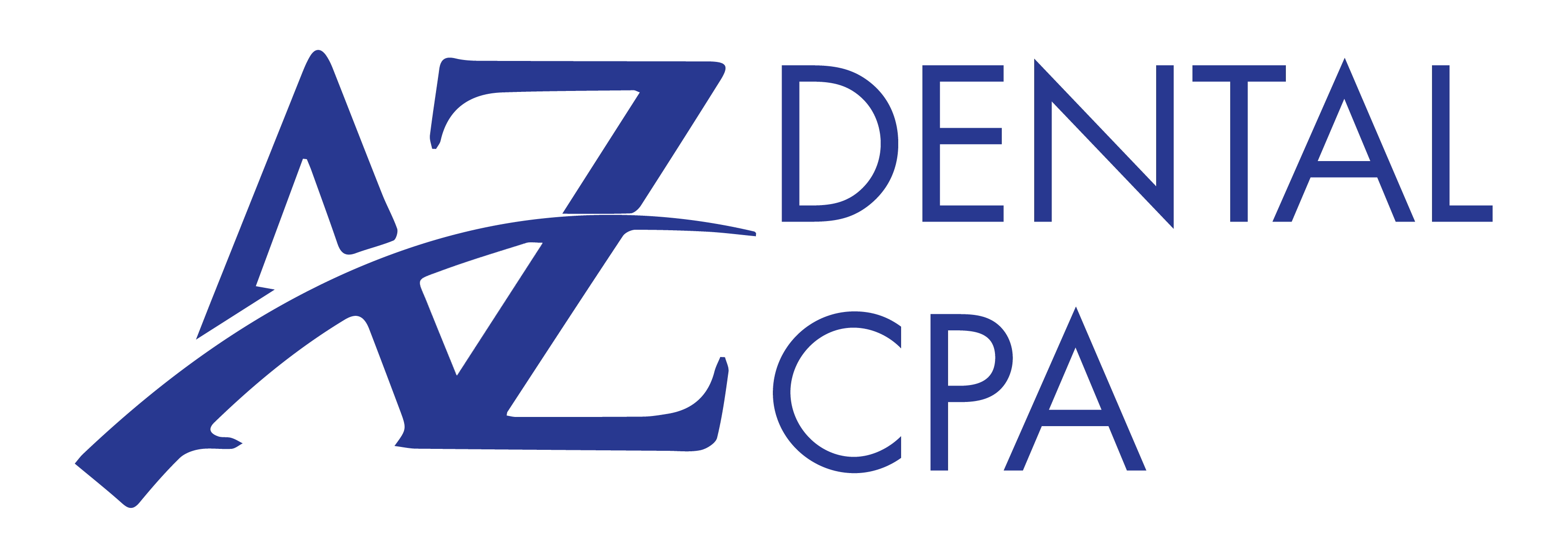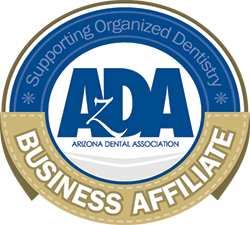(New Internal Revenue Code Section 199A)
With the recent passage of the 2017 Tax Cuts and Jobs Act (“TCJA”) it’s a new tax world for our dental industry. The New TCJA Law adds a new deduction under Code Section 199A for taxpayers with Qualified Business Income (“QBI”) aka “the pass-thru deduction”
Let’s review some of the basics:
- Dentists qualify under the “specified service trade or business”, but are subject to income limitations that phase out the deduction
- The QBI deductions is limited to the lesser of:
- 20% of the taxpayer’s qualified business income or
- 50% of total wages in the qualified trade or business (*) or
- 20% of taxable income (not including capital gains)
- The deduction reduces taxable income and is available to taxpayers that claim the standard deduction
- Investment related items are excluded from QBI such as capital gains/losses, dividends and interest income
- Employee compensation and guaranteed payments to a partner are also excluded from QBI
(*) The W-2 limitation listed above does not apply to any taxpayer the taxable income amounts do not exceed the threshold amounts of $315,000 for married filing joint and $157,500 for all other filers.
Pursuant to the law taxpayers in a “specified service trade or business” are eligible to the QBI deduction, but are subject to certain income limitations (see QBI Deduction Phase Out Table below). Dentists are healthcare professionals which are included in the definition in accordance with IRC Section 1202 and if the taxpayer meets the income limitations the QBI deduction is available.
QBI DEDUCTION PHASE OUT
|
Example 1
|
||||||||||||||||||||||||||||||||||||||||||||||||||||||||||||||||||||||||||||||||||||
In Example 1 the deduction is limited to the Net Business Income Calculation as this calculation produces the lowest QBI deduction.
Example 2
|
||||||||||||||||||||||||||||||||||||||||||||||||||||||||||||||||||||||||||||||||||||||||||||||||||||||||||||||||||||||||||||||||||||||||||||||||||||||||||||
In Example 2 since the Taxable Income is less than the Net Business Income generated from the practice the QBI Deduction is limited to the Taxable Income calculation.
There are multiple planning opportunities for those dentists that either own a dental practice or are contract dentists who are not compensated thru wages. More than ever the selection of an entity and annual tax planning will be crucial to maximizing your deduction and minimizing your annual tax liability. We recommend that dentists seek out their tax advisors to more fully understand the changes in the tax law and its specific impact on their tax situations
Also note the Pre- TCJA law which allowed a Domestic Production Activities Deduction (“DPAD”) for dentists that utilized a CEREC or an E4D in their practice has been repealed for tax years beginning after December 31, 2017.
Also, be aware that there still are certain areas of the QBI deduction where the regulations are vague and further guidance is expected from the IRS either thru regulation or in some cases court decisions.

